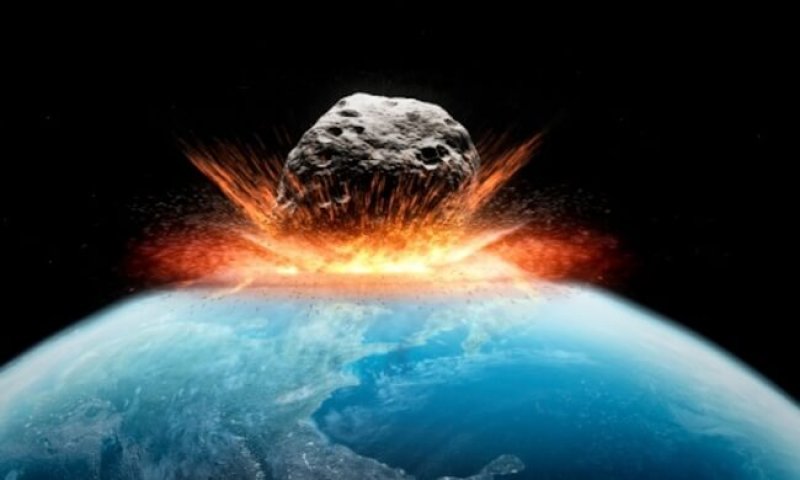Dinosaurs went extinct around 66 million years ago,…[but a single strike of a meteor] may not have been enough to completely wipe out all life on Earth.
Climate scientists have worked out that it may have been the aftermath of the asteroid hit that was the final straw for the dinosaurs. According to a new study, droplets of sulfuric acid formed high up in the air after the impact of the asteroid, blocking out sunlight for years…Plants would all have died due to the lack of light, and this would have had a direct and fatal impact on the rest of the food chain.
…
After the strike, the average temperature fell from 27 degrees [80.6 °F] to 5 degrees Celsius [41 °F] in the tropics. Dinosaurs were used to living in a tropical climate, and…a 22 degree drop would be quite a shock to the system….
…
According to the study, it took about 30 years for the climate to recover, and by then the damage to dinosaur life had been done. This, of course, left the space for a new era of organisms to thrive that would evolve into humans.
The GLP aggregated and excerpted this blog/article to reflect the diversity of news, opinion, and analysis. Read full, original post: Dark, cold days may have been what actually drove the dinosaurs extinct































